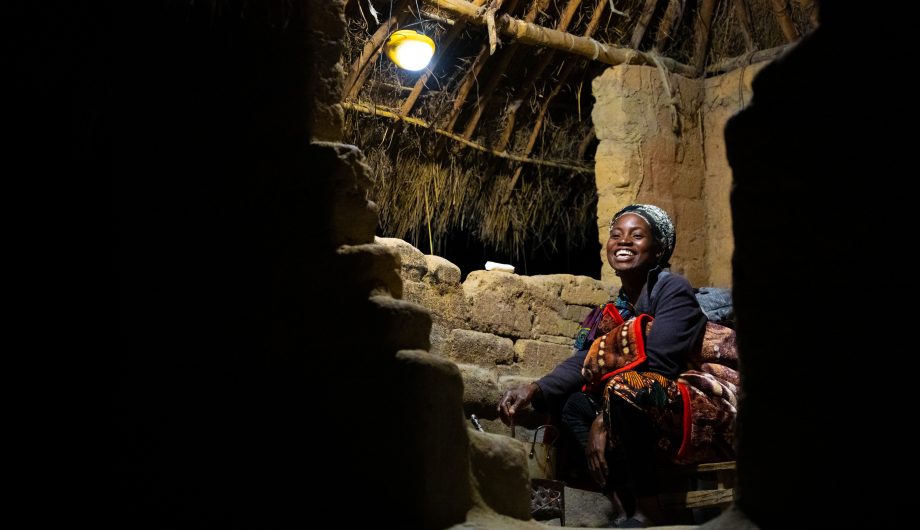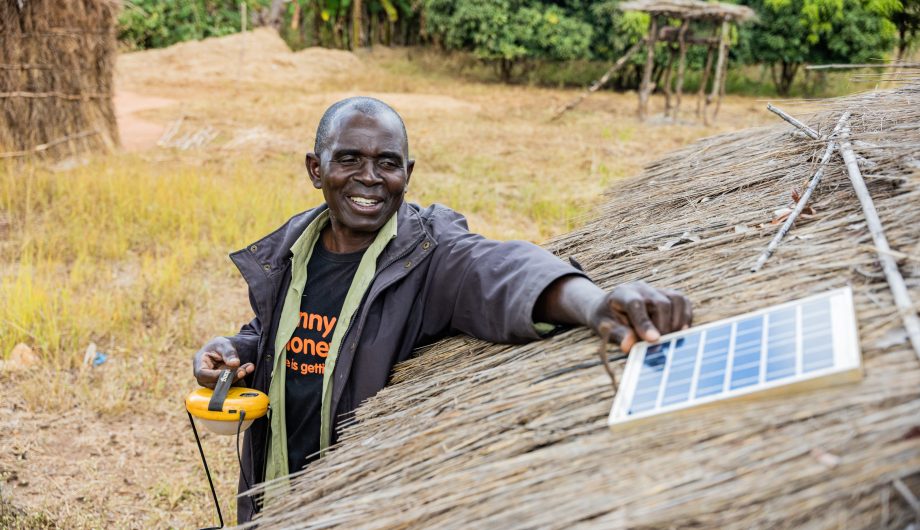The 27th Conference of the Parties (COP27) – the largest annual conference on climate change in the world – is starting next week. Leaders from across the world are gathering in Sharm El Sheikh, Egypt alongside ministers, civil society, global businesses and organisations to accelerate progress towards our global fight against the climate crisis.
What is COP27?
COP27 is the 27th gathering of the States that are Parties to the United Nations Framework Convention on Climate Change (UNFCCC). This year marks 30 years since the UNFCCC was adopted and seven years since the Paris Agreement was agreed at COP21.
The conference will take place from the 6-18 November in Sharm El Sheikh, Egypt. For the first time since COP began, it will be hosted in an African country. Under the slogan “Together for Implementation,” COP27 has been deemed the ‘African Cop’ or the ‘COP of action,’ bringing hope that the effects of climate change on the continent will be front and centre of the discussions.
Why is COP27 so important?
At SolarAid, we work with some of the world’s most vulnerable populations, those who have contributed least to climate change but stand to be most affected. Currently, the world remains far off track to limit climate change to the agreed levels putting the lives and livelihoods of these communities in peril.
Last year in Glasgow, countries committed to ambitious goals and climate financing, but still fell short of the required national commitments to limit warming globally to 1.5⁰ C. COP27 is an opportunity to remedy this, while ensuring that the issue of climate justice is at the forefront of all funding, promises and plans.
COP27 is all about moving from pledges to action. Leaders from across the world must come together this year to prioritise climate finance and practical action that can be taken on their commitments in efforts to adapt to the consequences of climate change and mitigate greenhouse gas emissions.
What do we want from leaders at COP27?
At SolarAid, we are calling on world leaders to:
1. Recognise that the worlds’ most vulnerable populations are already being the hardest hit by the climate crisis.
The world’s most vulnerable populations, who contribute the least to climate change are impacted the most. Across Africa, populations living without access to electricity are particularly vulnerable. Without access to electricity, economic activity, educational opportunities and access to modern healthcare are limited. This unacceptable situation is condemning millions of people across the continent to lives of increasing hardship and increasing poverty.
2. Energy access for the world’s most vulnerable must be put at the top of the global agenda.
Global leaders need to openly accept that, at the current rate of progress, we will not achieve the Sustainable Development Goals. Failure to achieve SDG 7 alone, which is aiming for universal access to electricity by 2030, puts all the remaining SDGs at risk.
The International Energy Agengy (IEA) forecasts that at the current rate of progress, a staggering 600 million people will still be living without access to power by 2030. Urgent action must be taken by global leaders.
3. Member nations must now define how to achieve universal energy access….and the answer must include small solar lights and systems.
Alongside grid expansion and mini grids, Global leaders need to openly recognise that small decentralised solar solutions, which meet the basic energy needs of the most vulnerable rural communities across Africa, must be rapidly deployed if we are to achieve SDG7.
Small solar solutions are recognised as the least-costly way to provide power for millions of people, while also having the greatest impact on low-income homes reliant on dirty and dangerous fuels such as kerosene and candles for lighting. Studies by the IEA have found that small, decentralised solar home systems represent the quickest and most cost-effective way to bring light and power to millions of rural communities across the continent.
Urgent action and funding is needed to enable the most vulnerable to access these life changing solutions. Global Leaders must commit to ensuring that, in the absence of access to an electricity grid, everyone currently living without access to electricity across Africa, should have access to solar lights and tier 1 levels of electric power.
4. Put our money where our mouths are
At SolarAid, we have been bringing life changing solar light and power to rural homes, schools and health facilities for the past 15 years with the help of our amazing supporters who believe in a world where everyone has access to solar power.
Industrialised nations have created the climate crisis. We have a moral obligation to support the world’s most vulnerable populations living without access to electricity. In making commitments to achieve universal access to electricity, global leaders need to urgently commit significant funding to get us back on track and enable this goal to be achieved.
Over $4.5 billion of new funding needs to be committed by Global Leaders to enable the poorest households within the poorest communities, those who are particularly vulnerable to the climate crisis, to gain access to clean, renewable, electricity.
Time is running out. We must act now if we are to achieve our mission and ensure that everyone has access to clean, renewable electricity by 2030.


